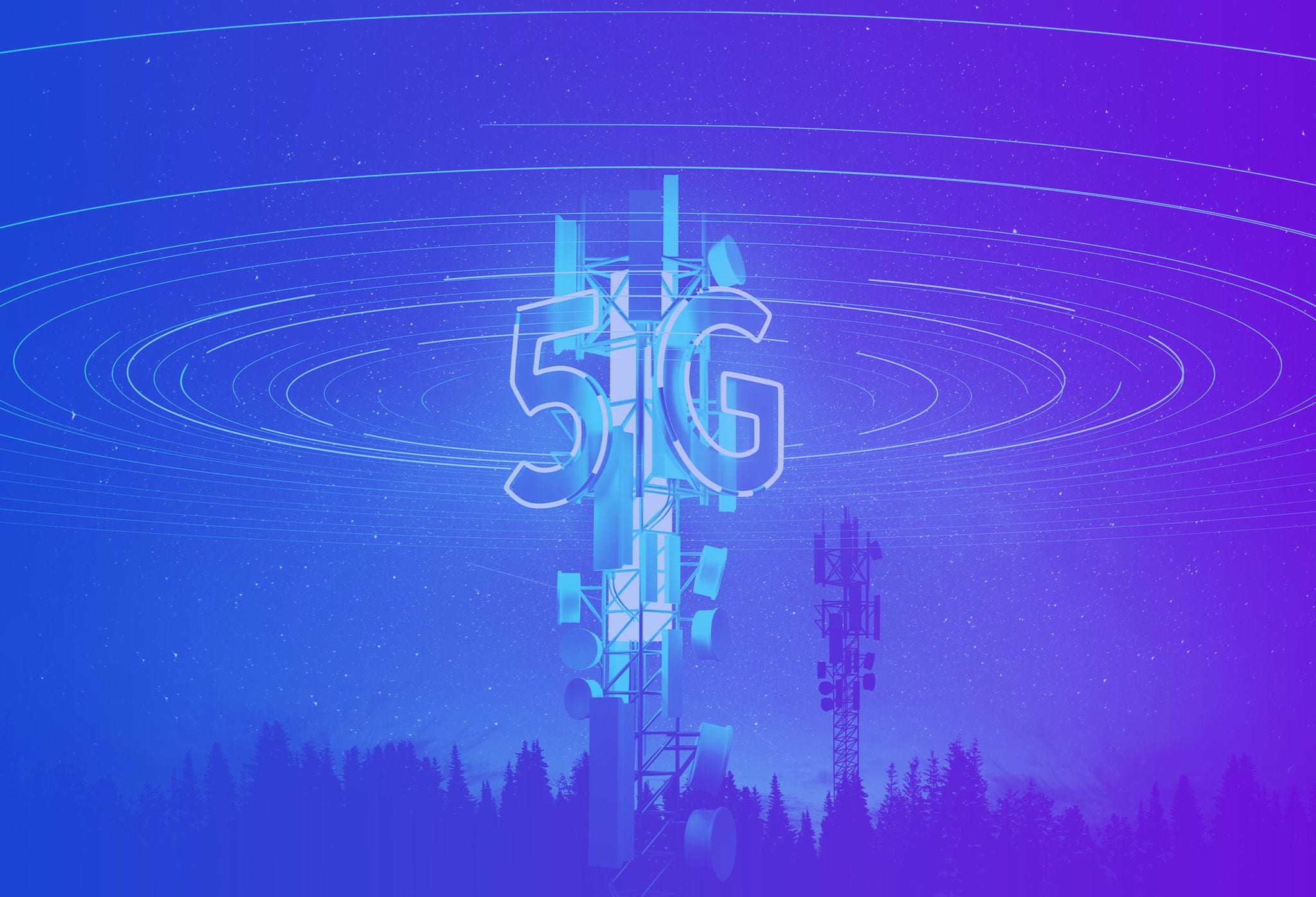The telecom industry has been focused on constant innovation and every 8-10 years we see a new generation of telecommunication technology coming through which is aimed at constant upgradation and enhancement of human to human, human and machine, as well machine to machine connectivity.
5G though, standouts from all of its previous all- generations as it brings a paradigm shift on how we perceive and consume telecommunication as a service. This technology is bringing in a significant shift, when it comes to the following factors- increased speed and bandwidth, low latency and high reliability and increased density of connected devices and massive M2M communication.
Furthermore, 5G is also bringing a positive shift in overall user experience and also enabling Industry 4.0. This is leading to innovation across multiple heterogeneous technologies and driving growth through:



